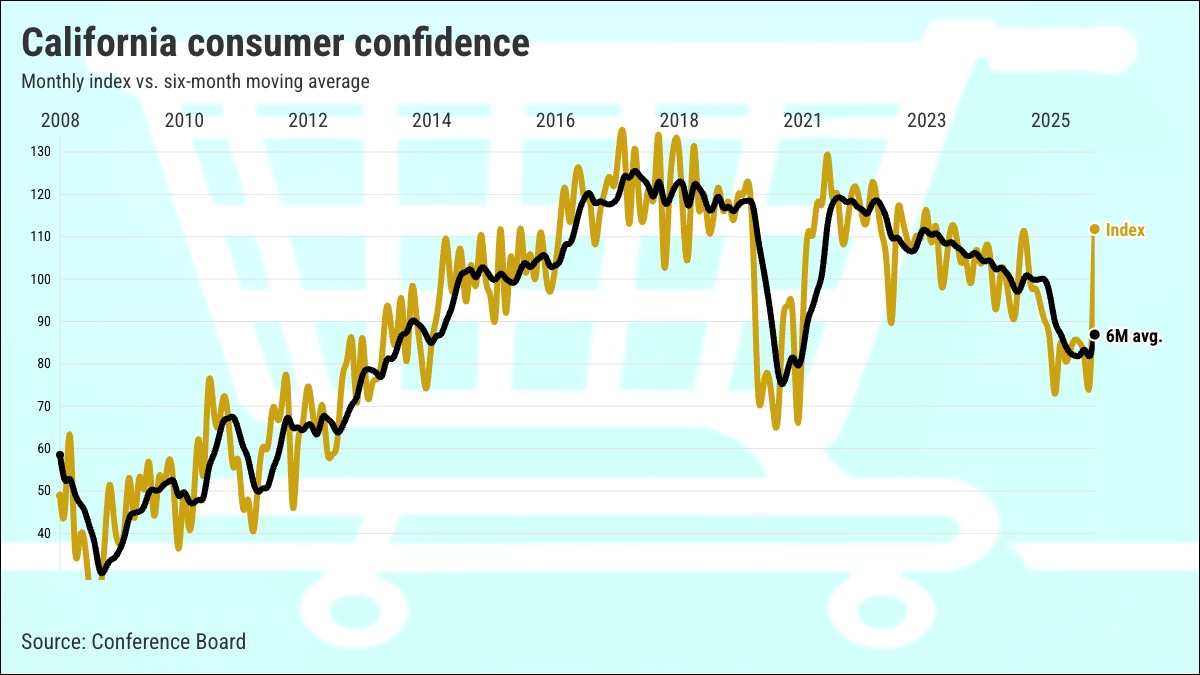URGENT UPDATE: Starting Monday, the New Mexico Oil Conservation Commission will hold a critical rulemaking hearing that could impose devastating new costs on the oil and gas industry. Proposals from radical environmental groups threaten to enforce substantial new bonding provisions that could effectively shut down small, local producers across New Mexico.
These proposed rules, which critics argue circumvent necessary legislative approval, aim to raise financial assurance bonding for later-in-life, marginal wells significantly. Experts warn this could render many wells unprofitable, forcing independent producers to shut down operations and plug wells prematurely. Without these wells, which are often reworked or repurposed for enhanced production, the state risks losing vital revenue streams.
The looming changes come at a time when New Mexico relies heavily on its oil and gas sector, which has seen a troubling 20% decrease in reporting entities since 2017. More than 100 independent producers have exited the market, citing regulatory pressures as a driving factor.
Local producers are set to testify that the proposed bonding increases, combined with new regulatory powers to deny sales of existing marginal wells, threaten to push many operators out of business. The new rules would allow state regulators to arbitrarily block the sale of production wells, undermining the financial viability of many small operators.
As the hearing approaches, the message from industry leaders is clear: New Mexico’s independent producers, who contribute to local economies and communities, are facing an existential crisis. Already, the environment of uncertainty has had a chilling effect, not just on oil and gas but the broader New Mexico business landscape.
Industry representatives are prepared to counter the claims made by environmental groups, emphasizing that operators already plug over 95% of their own nonproducing wells. They argue that the state’s inflated projections of unfunded liabilities do not account for this reality, and that existing funds, including a $50 million reclamation fund, remain largely unspent.
The Independent Petroleum Association of New Mexico is urging the three-member Oil Conservation Commission to consider the potentially catastrophic consequences of these rules. They argue that the new bonding provisions are unnecessary and would impose unjustifiable costs on responsible, multigenerational producers who are committed to maintaining the environment in which they operate.
In an alarming twist, environmentalists have publicly acknowledged that the proposed rules would lead to the closure of many smaller operations, raising questions about the true motivations behind the regulations.
As the industry prepares to present its case, the urgency is palpable. Stakeholders are calling on everyday citizens to participate in public comments during the hearing, advocating for the oil and gas sector that supports New Mexico’s economy.
The hearing is set to unfold on Monday, and the outcomes could reshape the future of the oil and gas industry in New Mexico. Observers are encouraged to stay tuned for developments, as this situation is rapidly evolving.
The stakes could not be higher, and the livelihoods of many families in New Mexico depend on the commission’s decision. Will the state prioritize the voices of its local producers, or will it allow external pressures to dictate the fate of an essential industry? The answer lies just around the corner.







